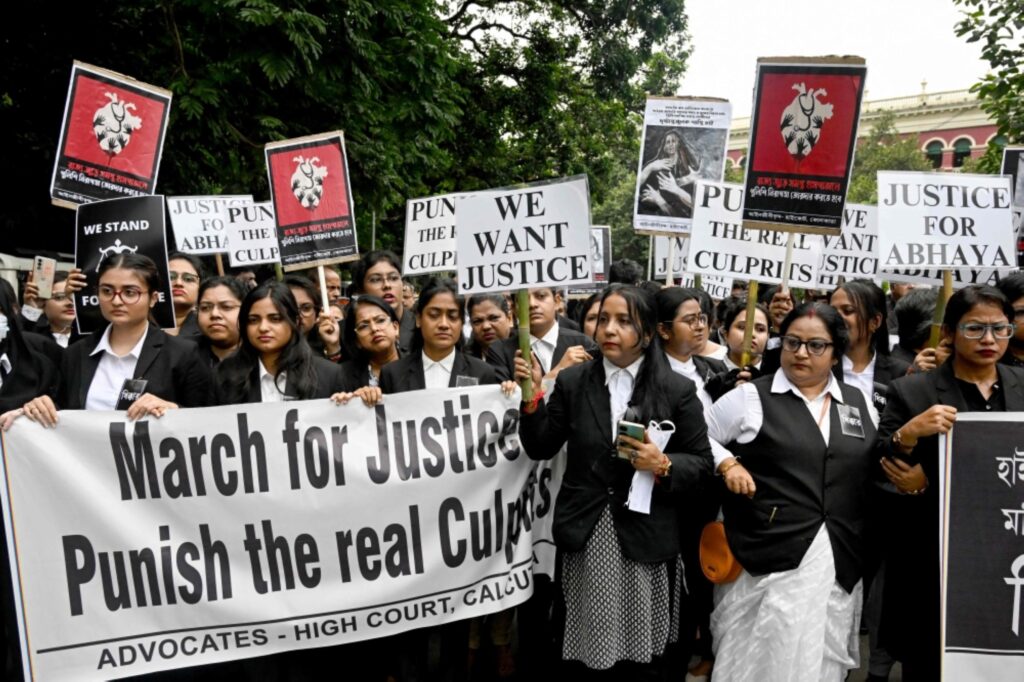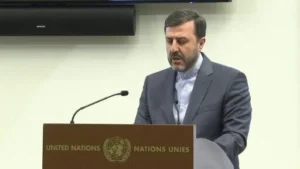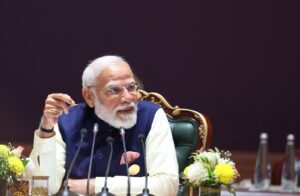
Insensitive language used by judges who told rape survivors they “invited trouble” has drawn criticism from India’s highest court. Judges of subordinate courts in India have been cautioned by the Supreme Court not to use disparaging language while discussing sexual abuse against women.
The warning follows last month’s ruling by the Allahabad High Court that molesting a youngster and severing her pyjama string did not qualify as attempted rape. The reasoning that “attempt to rape” was distinct from “preparation” was the basis for the verdict in Uttar Pradesh, the most populous state in India, according to Live Law.
A judge in the same court also granted bail to a rape suspect, claiming that the victim had “invited trouble” and was “responsible for the same.” The 17 March ruling was deemed “shocking” by the two-judge Supreme Court bench of Justices Bhushan Ramkrishna Gavai and Augustine George Masih, particularly because it was not given impulsively but rather after careful consideration following a four-month reservation.
What is happening in this High Court?” said Justice Gavai. Now, another judge from the same High Court is making similar remarks. Why note all these things? Justice should not only be carried out, but also be perceived as having been carried out, according to Indian Solicitor General Tushar Mehta. How will the average person interpret these statements?
Also Read:
Redefining The Financial Landscape: Khaled Makhlouf
Abdulrahman Alsheail: Leading with People, Shaping Institutions






